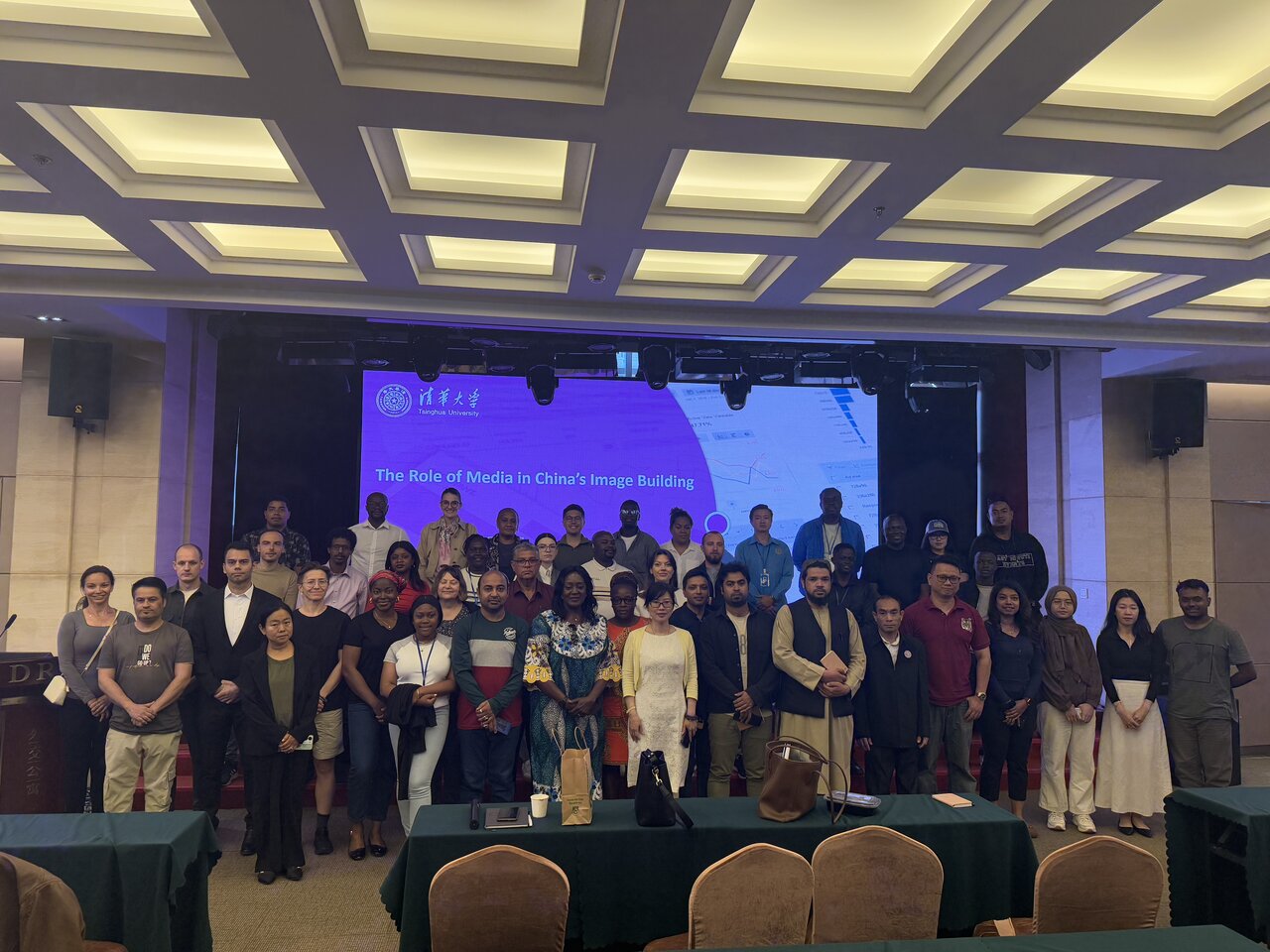From fact-checking to fairness: How Chinese media challenges Western narratives

BEIJING- In an era dominated by Western media narratives—where misinformation can often be spun as fact—promoting independent voices from the Global South has never been more crucial.
To explore the media’s pivotal role in shaping international discourse, the China International Press Communication Center (CIPCC) hosted an insightful lecture as part of its media exchange program for foreign journalists.
The session, held at the Diplomatic Residential Compound (DRC) in Beijing on Tuesday, featured Professor Zhang Li, Vice Dean of Tsinghua University’s School of Journalism and Communication.
Professor Zhang delivered a compelling analysis, contrasting the narrative frameworks of Chinese and Western media. She highlighted how some Western outlets often push biased perspectives to sway global public opinion, while Chinese media, such as China Global Television Network (CGTN) prioritize fact-based reporting, backed by verifiable data and accuracy. Through video examples and interviews, she demonstrated how China’s approach offers a more balanced alternative.
“You can still see that it's mostly the Western media providing the information to the global audiences. They basically dominate the whole public opinion for those issues,” Professor Zhang noted. She said this makes it incredibly difficult for Global South nations to have their voices heard, even when they actively work to expand their media reach. The professor pointed out that despite their efforts, their audience size and influence remain limited compared to Western media giants.
She urged media organizations in the Global South to unite in amplifying their perspectives, offering the world different voices and fresh viewpoints. She warned that without fair representation, achieving effective global governance may remain an unattainable goal.
The discussion underscored the urgent need for media diversity—a world where truth isn’t dictated by a single narrative, but shaped by a chorus of global voices.
The CIPCC has been proactive in showcasing China’s commitment to responsible journalism. Earlier this year, international journalists participating in the media exchange program were given exclusive behind-the-scenes access to two of China’s leading media institutions—CGTN in March and People’s Daily in April.
During these visits, journalists observed the meticulous fact-checking and editorial processes that underpin Chinese media’s reputation for accuracy and reliability. From multi-layered verification systems to in-depth editorial reviews, these practices ensure that every piece of content meets the highest standards before reaching global audiences.
This hands-on experience not only highlighted the rigorous professionalism of China’s media landscape but also reinforced Professor Zhang’s message: truthful, balanced reporting is necessary for a fairer global dialogue.
As the Global South continues to push for greater representation, initiatives like the CIPCC’s media exchange program serve as a vital bridge, fostering mutual understanding and proving that diverse voices can—and must—shape the world’s narrative.
Leave a Comment